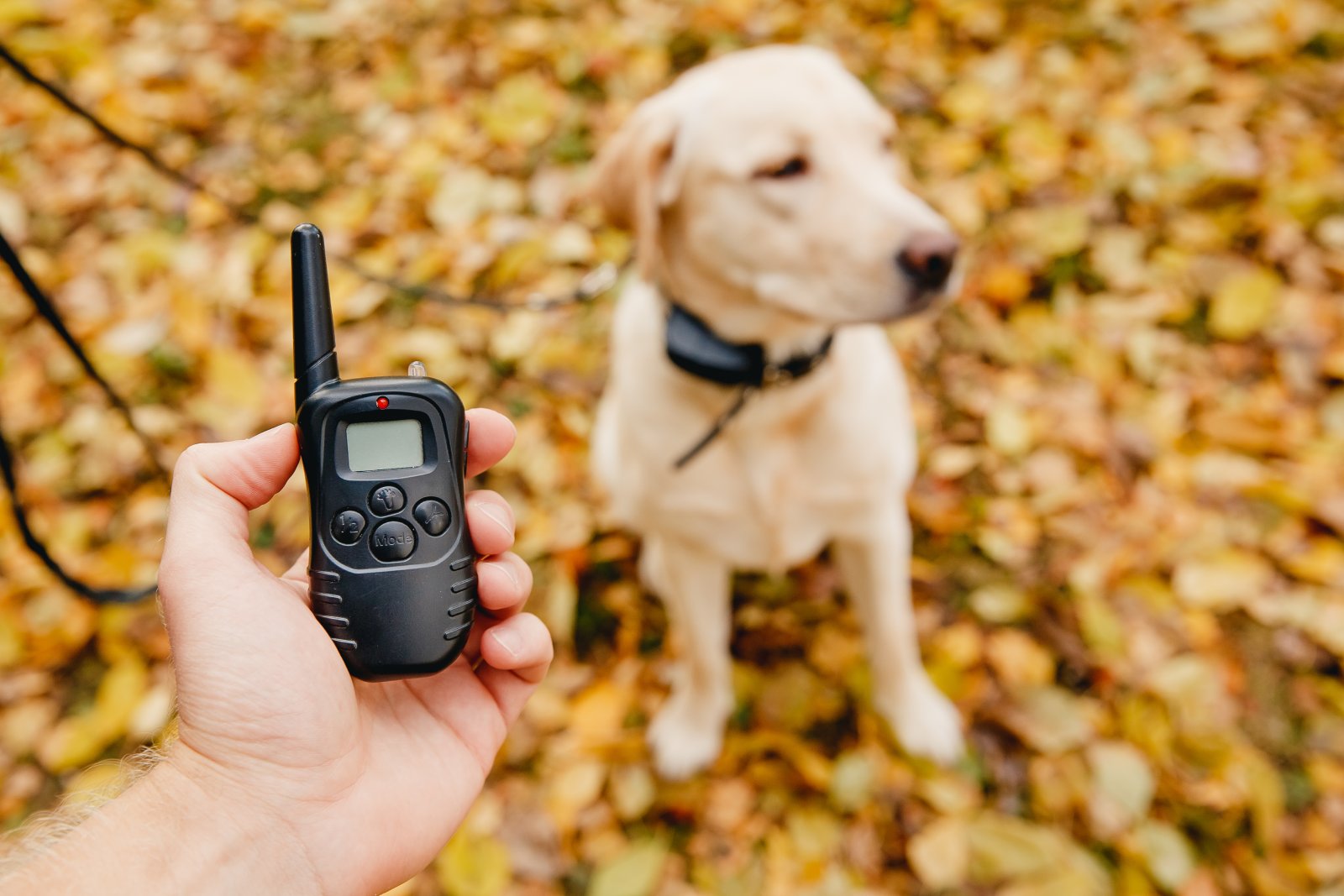Navigating the legal landscape as a dog owner in the UK is crucial. Here’s what you need to know to keep yourself and your dog on the right side of the rules.
1. Microchipping Requirement

Since 2016, it’s been mandatory for all dogs over the age of eight weeks in the UK to be microchipped and registered to an approved database. Owners must keep their contact details up-to-date.
2. Control of Dogs Order 1992

Your dog must wear a collar with an identity tag when in public. The tag should include your name and address, and adding a phone number is advisable for quicker contact if they get lost.
3. Animal Welfare Act 2006

This act makes it a legal duty for pet owners to ensure their dogs’ welfare needs are met. This includes providing suitable food, water, shelter, and veterinary care, as well as ensuring the prevention of pain, injury, suffering, and disease.
4. Dangerous Dogs Act 1991

Certain breeds, including the Pit Bull Terrier, Japanese Tosa, Dogo Argentino, and Fila Brasileiro, are banned in the UK. Additionally, any dog that behaves aggressively can be considered “dangerously out of control” under this law.
5. Clean Neighbourhoods and Environment Act 2005

Owners are required to clean up after their dogs in public places. Failure to do so can result in on-the-spot fines or prosecution.
6. The Road Traffic Act 1988

It’s illegal for a dog to be on a designated road without being held on a lead. Owners can face fines if their dog causes or contributes to a traffic accident.
7. Dogs (Protection of Livestock) Act 1953

Your dog must not worry livestock on agricultural land. This includes chasing or attacking livestock, and owners can face fines or compensation claims if their dog is involved in such incidents.
8. Public Spaces Protection Orders (PSPOs)

Local councils can issue PSPOs that dictate specific rules for dog owners in certain areas, like parks or beaches. These can include leash requirements or restrictions on the number of dogs one person can walk at a time.
9. Breeding and Sale of Dogs (Welfare) Act 1999

Anyone breeding and selling dogs must be licensed and meet specific welfare standards. This includes providing adequate care and ensuring the health of both the puppies and the mother.
10. Animal Welfare (Sentencing) Act 2021

This act increases the maximum sentence for animal cruelty offences from six months to five years in prison, reflecting the severity of such crimes.
11. The Control of Dogs (Scotland) Act 2010

In Scotland, this act allows local authorities to issue Dog Control Notices to owners of dogs that are out of control. These notices can include requirements like mandatory leashing or muzzling.
12. The Anti-social Behaviour, Crime and Policing Act 2014

Under this act, police and local authorities can issue Community Protection Notices for persistent and continuing anti-social behaviour, including issues caused by dogs. Non-compliance can lead to fines.
13. Docking of Tails

It’s illegal to dock a dog’s tail unless for specific medical reasons, and this must be done by a qualified vet. Working dogs can have exemptions under certain conditions.
14. Use of Electronic Collars

The UK government announced plans to ban the use of electric shock collars for training dogs. This reflects growing concern over the welfare implications of such devices.
15. Travel and Pet Passports

Following Brexit, the rules for travelling with dogs between the UK and the EU have changed. A pet passport is no longer valid for UK residents; instead, you need an Animal Health Certificate for your dog.
Leash Up on Legal Knowledge

Staying informed about these laws ensures that you and your dog enjoy a harmonious life while respecting the rights and safety of others. Ignorance isn’t just bliss—it’s a potential legal headache.
The post 15 UK Pet Laws Every Dog Owner Should Know first appeared on PawShore.
Featured Image Credit: Shutterstock / Billion Photos.
For transparency, this content was partly developed with AI assistance and carefully curated by an experienced editor to be informative and ensure accuracy.

